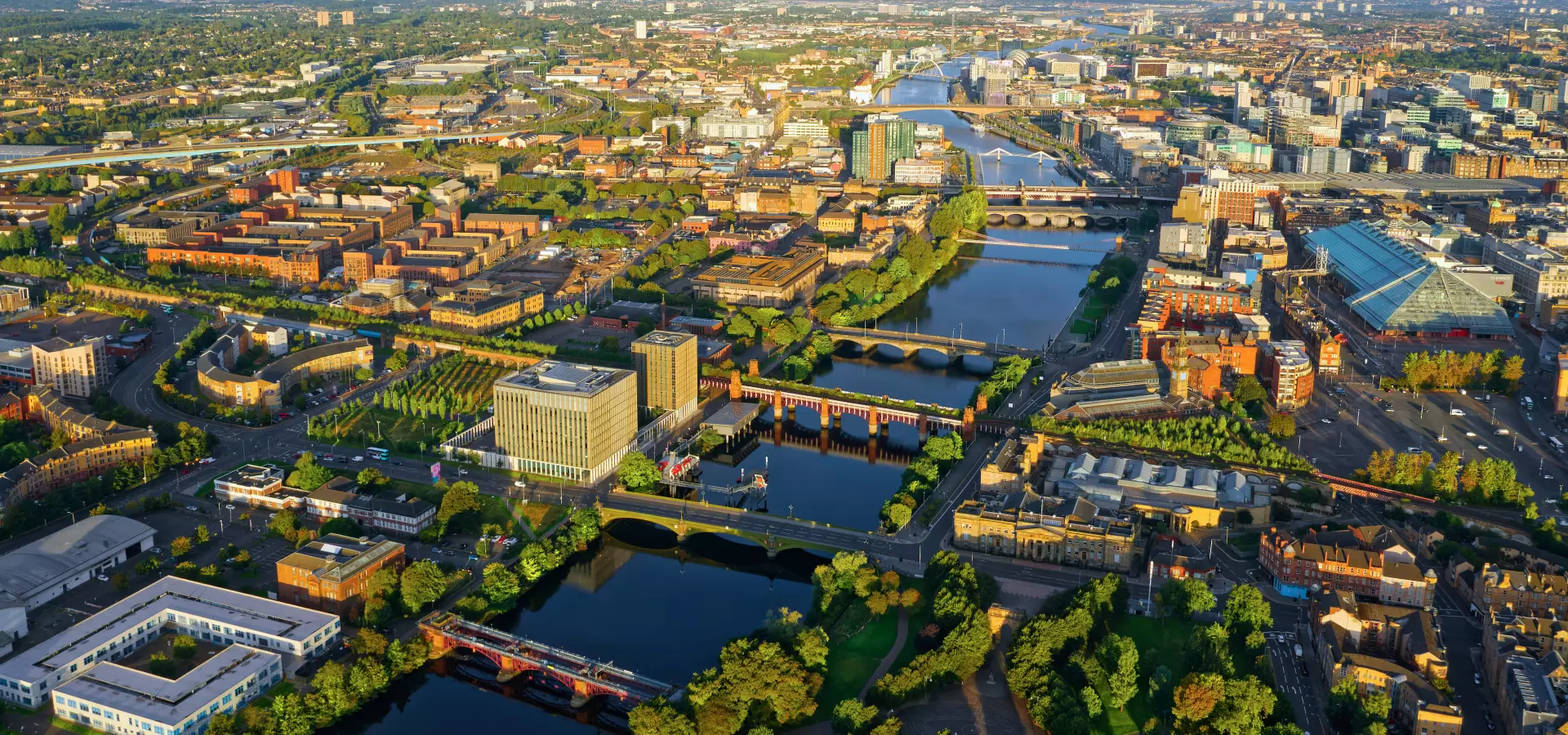
Health in a changing city: Glasgow 2021
The new report provides a comprehensive analysis of changes in population, socioeconomic, environmental and health factors over the last 20 years within Glasgow and in comparison with Scotland. Although most of the analyses precede the Covid-19 pandemic, emerging evidence of the impacts of the pandemic is reviewed.
Many of the challenges the city currently faces were pre-existing prior to Covid-19 and these underlying social and health inequalities shaped and determined people’s experience of the pandemic and its impact on them.
Some key findings from the report are:
- Glasgow has become less deprived in comparison to the rest of Scotland over the last 20 years, but remains the Scottish city with the highest concentration of people living in deprived circumstances and with high levels of child poverty, fuel poverty and food insecurity.
- Children in Glasgow are more likely to live in the most deprived areas than any other age group and more likely to experience homelessness than adults. The report also notes inequality in mental health service provision for children.
- Stalling life expectancy improvements in Glasgow and across the UK over the last decade, associated with austerity policies, have resulted in widening health inequalities and shortened lives: life expectancy has reduced for females and for those living in the most deprived areas of the city
- The gap in life expectancy between the least and most deprived areas now 11.6 years for females and 15.4 years for males.
- Worsening mental health trends are reported, including extensive inequalities associated with gender, age, socioeconomic status and ethnicity, and evidence of a growing inequality in service provision between children and young people and adults.
- Increasing evidence and concerns over ethnic and racial inequality, racial discrimination and gender-based inequality experienced by women are highlighted.
Policy recommendations focus on addressing health and social inequality, tackling gender-based and ethnic and racial inequalities, prioritising mental health especially of children and young people and the need to accelerate action on climate change. There also recommendations about building a fairer economy including prioritising sectors of the economy that have been undervalued but were identified as essential during the pandemic such as our care and food economy workers.
Several rapid policy responses to the pandemic are highlighted, some of which were successful while others had unintended negative consequences. The most positive examples came from areas where marginalised people and those with direct experience of the issue were involved in decision making.
In making decisions about how we plan a fair and sustainable recovery, a broad range of perspectives need to be heard and it's important that those people who are most marginalised and most affected by inequalities need to be involved in this process.